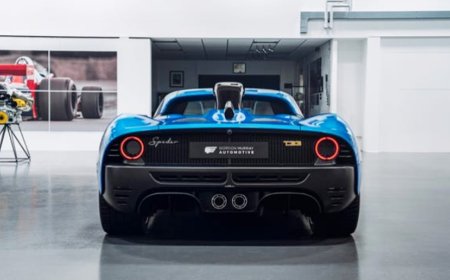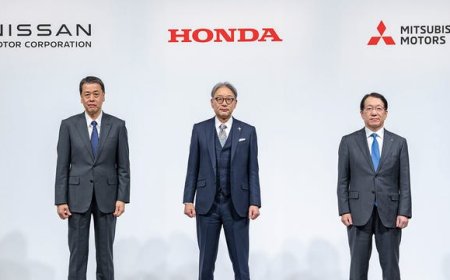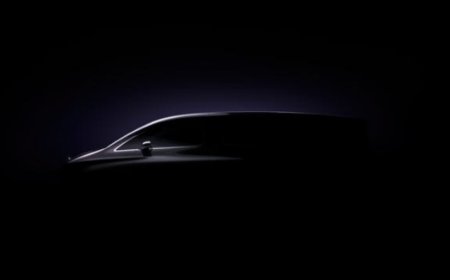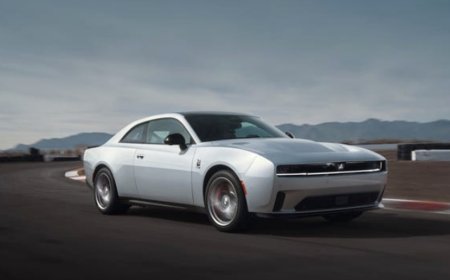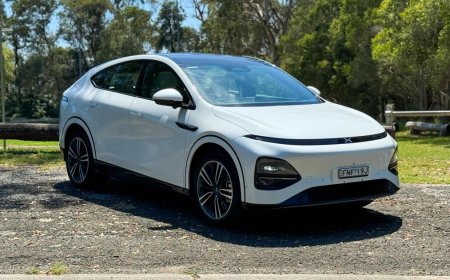Infiniti merging dealerships with Nissan as sales plummet
Infiniti dealers are struggling to stay afloat, prompting a controversial co-location strategy with Nissan dealerships.

Infiniti, Nissan’s luxury brand, is facing an uphill battle as its U.S. sales have plummeted over 50% over the past five years. Through the third quarter of this year, Infiniti sold just 42,567 vehicles, compared to the 87,934 that it sold during the same time period in 2019. The drop in demand has left many Infiniti dealerships struggling to remain profitable.
The brand's challenges stem from an aging lineup, strategic missteps, and unfulfilled promises that have left both dealers and consumers disenchanted. Even the redesigned QX80 SUV, a cornerstone of Infiniti’s offerings, has failed to turn the tide. Now, Nissan is proposing a controversial new strategy to turn things around.
Related: The cheapest—and most expensive—cars to own
Dealers feeling the pinch
The financial strain on Infiniti dealers has reached a breaking point. The average Infiniti dealership sells just 24 vehicles per month, making it increasingly difficult to sustain standalone locations, Automotive News reported.
One dealer reported losing millions of dollars since signing up to sell Infiniti vehicles, with his dealership on track to lose another $600,000 to $900,000 in 2024. Other dealers said they’re expecting to lose over $2 million this year alone.
In response, Infiniti has rolled out a controversial new strategy: allowing dealerships to co-locate with Nissan stores. This approach aims to keep struggling dealers in the fold while minimizing costs in competitive markets where Infiniti can’t afford to lose representation.
Related: Subaru is discontinuing the base model WRX
What co-location looks like
The co-location model allows Infiniti and Nissan dealerships to share a physical address but requires them to maintain distinct identities. For example, Infiniti mandates separate entrances, showrooms, and lounges for its customers, as well as unique sales and service teams. However, behind-the-scenes operations, like administrative support, can be shared between the brands.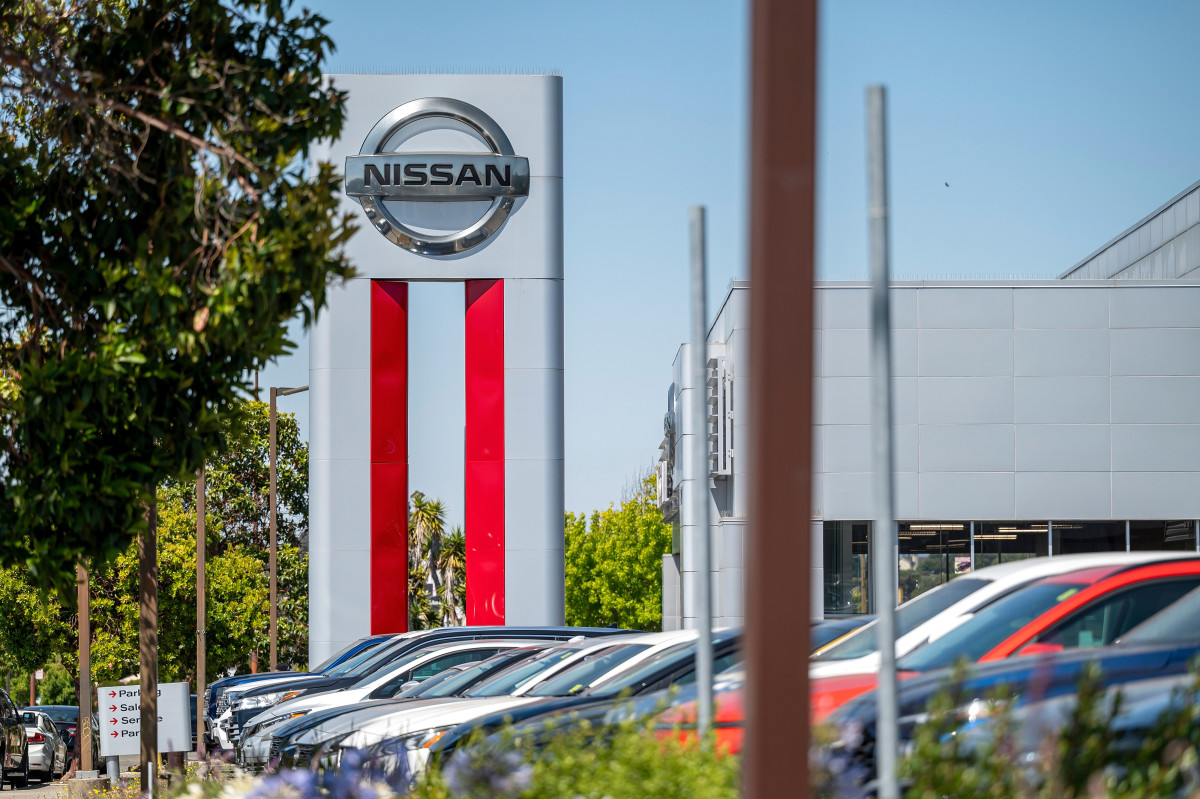
Despite these efforts to maintain Infiniti’s luxury appeal, the strategy is a hard sell for dealers. Some view it as a desperate move that could dilute Infiniti’s brand identity further, while others hope it will provide a lifeline in an otherwise dire situation.
Lessons from Canada
The co-location model isn’t entirely new. Infiniti has already implemented a similar strategy in Canada, where sales are even lower than in the U.S., with only 6,208 vehicles sold in 2023. While the Canadian experiment provides a precedent, its success—or lack thereof—remains uncertain.
Related: Nissan faces tough decisions amid production cuts and tariff woes
Final thoughts
Infiniti’s co-location strategy underscores the brand's precarious position in the automotive market. It says a lot about the current state of Infiniti sales that merging dealerships with Nissan (a brand with its own share of problems, to say the least) is expected to help turn things around.
While pairing with Nissan dealerships might provide a short-term solution, it’s clear that Infiniti needs more than shared space to regain its footing. Without significant product innovation and strategic realignment, the brand risks fading further into obscurity.
Related: Gas prices are plummeting: See how your state compares
